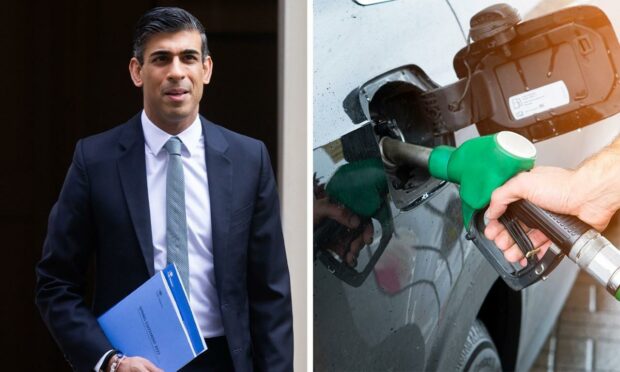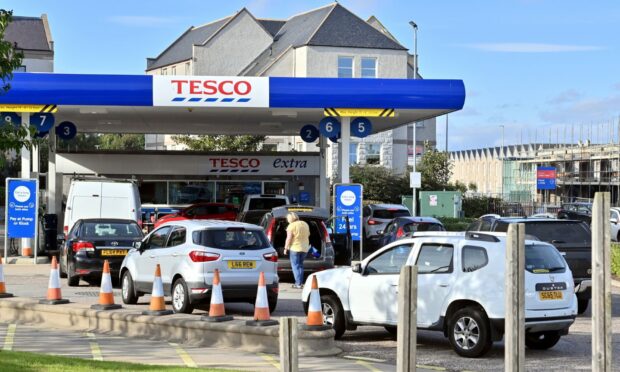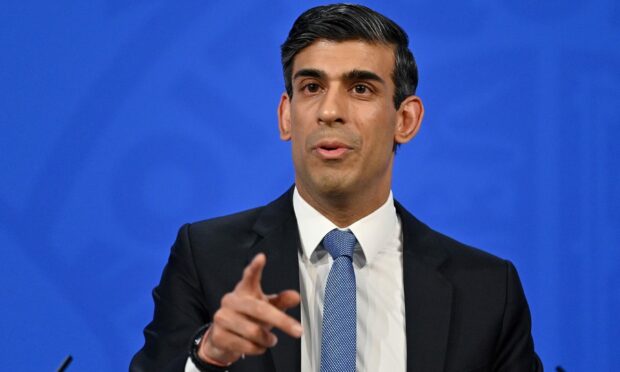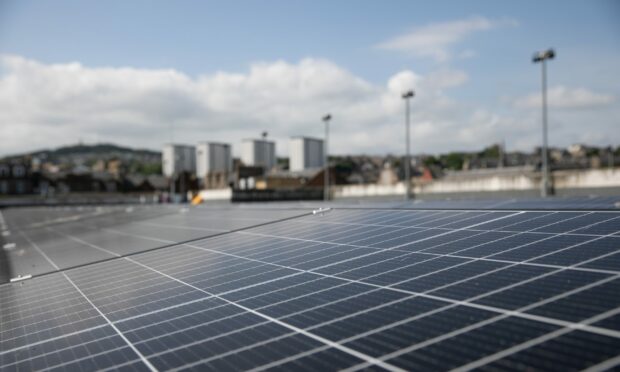Chancellor Rishi Sunak said he was slashing taxes for millions of Scots as he outlined the UK Government’s spending plans.
But did his spring statement on Wednesday go far enough to ease crippling pressures faced by families across the country amid an escalating cost of living crisis?
And how do the measures impact on Scotland and the Holyrood government?
Here are some of the key announcements and how they will affect household budgets.
Fuel duty cut by 5p for a year
As widely expected, the chancellor announced that fuel duty for petrol and diesel would be cut by 5p per litre from 6pm on Wednesday.
The government said the year-long move was worth £2.4 billion, and represented the biggest cut ever on all fuel duty rates.
A one-car family is expected to save an average of £100 as a result, while a van driver will cut their costs by £200, and a haulier will spend £1,500 less.
What does the National Insurance change mean?
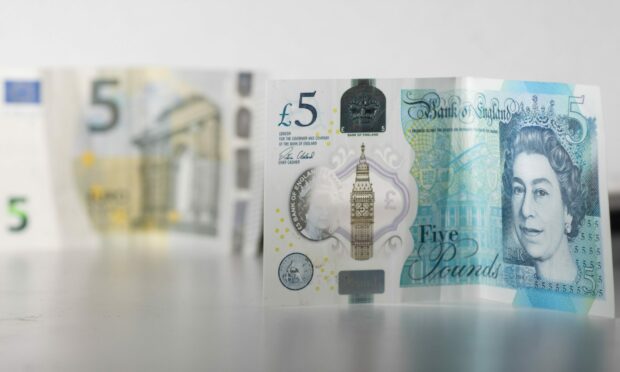
From July, the first £12,570 an individual earns will be completely tax free.
It is a change from the current threshold at which National Insurance kicks in, which is £9,880.
Mr Sunak said the move would benefit almost 30 million working people – including 2.4 million in Scotland.
It is due to save a typical employee more than £330 a year, while an average self-employed person will benefit by more than £250.
The tax cut will cost £6 billion to deliver.
About 70% of payers will pay less National Insurance as a result of the spring statement, despite a new Health and Social Care Levy also being introduced.
Income tax cut by end of 2024
The chancellor announced plans to reduce the basic rate of income tax in England, Wales and Northern Ireland to 19% from April 2024.
Income tax is devolved in Scotland and the Holyrood government has already introduced at “starter rate” of 19%, as well as rates of 20% and 21%.
SNP Finance Secretary Kate Forbes might come under pressure to reassess the system north of the border if below average earners are left worse off.
The UK Government said the changes in the rest of the country would increase the Scotland’s budget by £350m in 2024/25.
VAT cut for energy efficiency – how does it apply?
Mr Sunak extended VAT relief to energy efficiency measures.
It cuts VAT on items such as solar panels, heating pumps and roof insulation from 5% to zero.
It means a typical family having roof-top solar panels installed would save more than £1,000 in total on installation, and then £300 annually on their energy costs.
The changes will take effect from next month.
Household support fund doubles
A scheme to help the most vulnerable households with the cost of essentials such as food, clothing and utilities will get an additional £500m.
The cash is on top of the £500m already provided since last October.
The Scottish Government will receive £41m more funding as a result of the change south of the border.
What was missing?
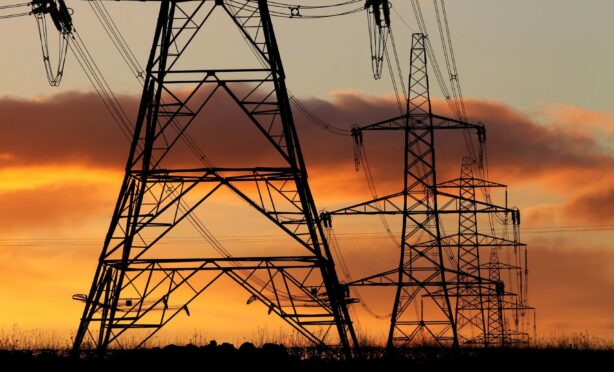
Boris Johnson’s government had been facing growing demands for a series of actions in the run-up to Wednesday’s spring statement.
But the chancellor resisted calls to abandon a new Health and Social Care Levy, or massively increase defence spending in the wake of Vladimir Putin’s Ukraine invasion.
He also failed to take any radical action on household power bills, or deliver an windfall tax on big energy companies.
What’s Holyrood getting?
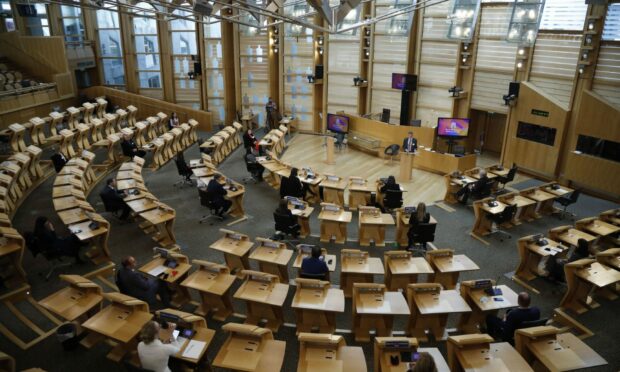
The UK Government said that Holyrood’s budget would rise by an additional £45m as a result of its announcements.
Scottish finance secretary Kate Forbes wasn’t happy with the substance.
“Households and businesses are seeing soaring energy costs right now – that could plunge thousands into fuel poverty,” she said.
“There was nothing in the spring statement to reduce energy bills today or uprate benefits.”
The SNP had asked the Conservatives to match a Scottish Government pledge to uprate benefits by 6%.
What do the experts say?
Paul Johnson, director of the Institute for Fiscal Studies, warned of pressure on public sector pay.
He tweeted: “No extra money for health, schools or other public services despite huge increase in inflation.”
And he warned: “What is the possible justification for cutting income tax rate while raising NI rate?
“Drives further wedge between taxation of unearned income and earned income. Yet again benefits pensioners and those living off rents at expense of workers.”
No extra money for health, schools or other public services despite huge increase in inflation. Likely implies big real pay cuts for most public sector workers. E.g. govt evidence to teacher review body asked for just 3% pay rise for most teachers as inflation averages over 7%
— Paul Johnson (@PJTheEconomist) March 23, 2022
Daniel Hough, financial planner at Brewin Dolphin, said the Scottish Government could have to rethink its income tax rates.
He said the 19% basic tax rate could leave more people in Scotland paying more tax than their equivalents in England.
RAC head of policy Nicholas Lyes described the fuel duty cut as “a drop in the ocean” as it will “only take prices back to where they were just over a week ago”.
He said: “There’s also a very real risk retailers could just absorb some or all of the duty cut themselves by not lowering their prices.”
